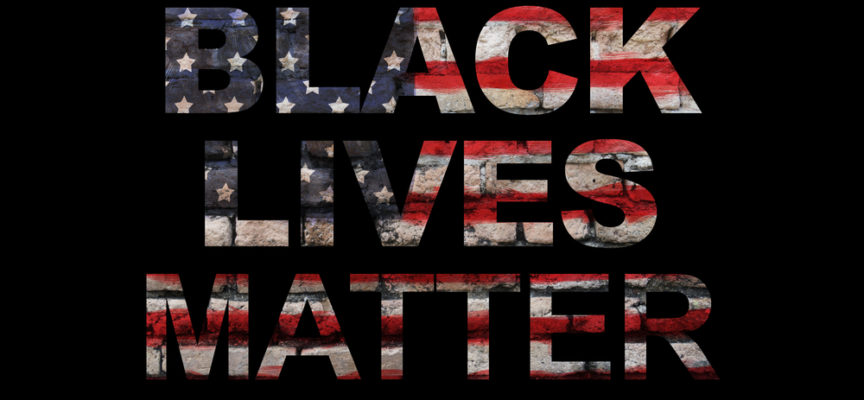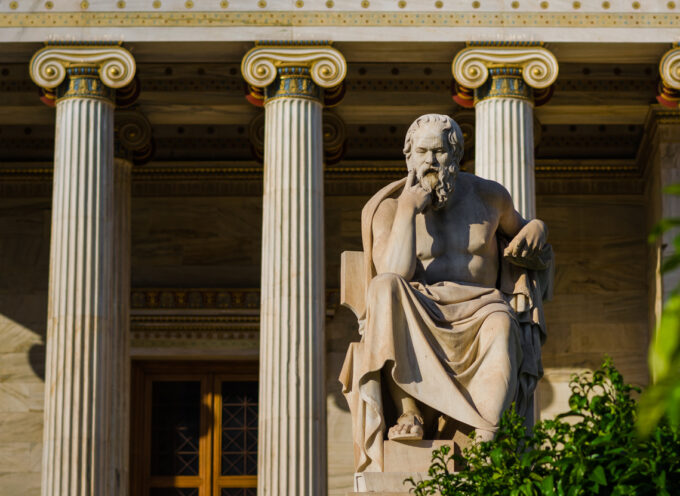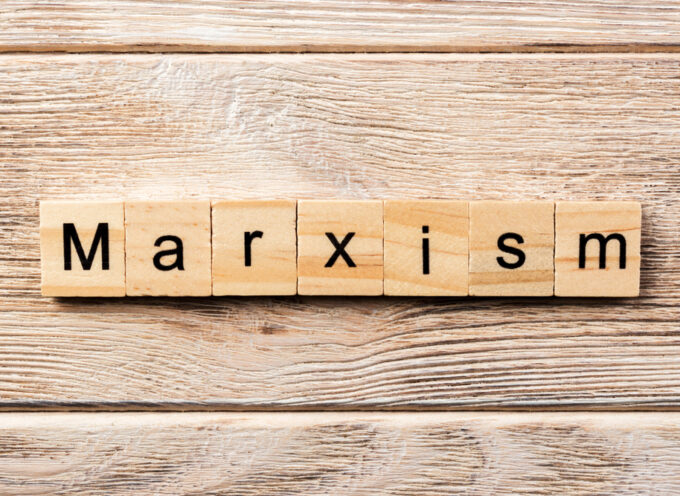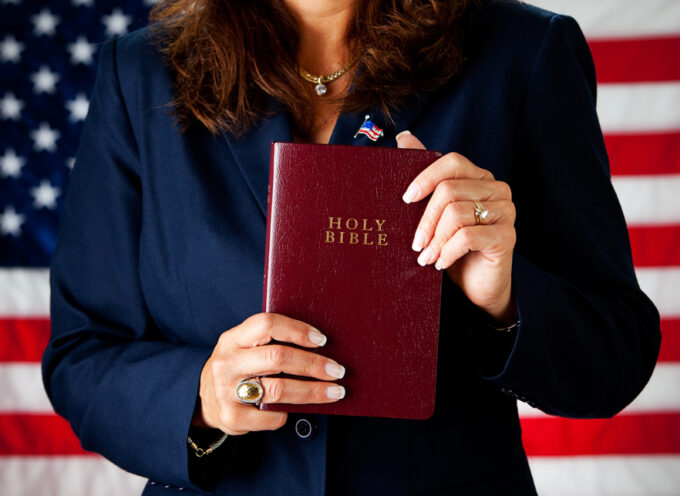Although Black Lives Matter started as a loose coalition of activists and continues as a movement with decentralized leadership, its leaders recently codified the BLM message in an attempt to organize its chapters around a common set of “guiding principles.” These principles were listed on the Movement for Black Lives website and serve as a delineation of the movement’s vision for society:
- Diversity – We are committed to acknowledging, respecting, and celebrating difference(s) and commonalities.
- Globalism – We see ourselves as part of the global Black family, and we are aware of the different ways we are impacted or privileged as Black folk who exist in different parts of the world.
- Black Women – We are committed to building a Black women affirming space free from sexism, misogyny, and male‐centeredness.
- Black Villages – We are committed to disrupting the Western-prescribed nuclear family structure requirement by supporting each other as extended families and “villages” that collectively care for one another, and especially “our” children to the degree that mothers, parents, and children are comfortable.
- Loving Engagement – We are committed to embodying and practicing justice, liberation, and peace in our engagements with one another.
- Restorative Justice – We are committed to collectively, lovingly and courageously working vigorously for freedom and justice for Black people and, by extension all people. As we forge our path, we intentionally build and nurture a beloved community that is bonded together through a beautiful struggle that is restorative, not depleting.
- Collective value – We are guided by the fact that all Black lives matter, regardless of actual or perceived sexual identity, gender identity, gender expression, economic status, ability, disability, religious beliefs or disbeliefs, immigration status or location.
- Empathy – We are committed to practicing empathy; we engage comrades with the intent to learn about and connect with their contexts.
- Queer Affirming – We are committed to fostering a queer‐affirming network. When we gather, we do so with the intention of freeing ourselves from the tight grip of heteronormative thinking or, rather, the belief that all in the world are heterosexual unless s/he or they disclose otherwise.
- Unapologetically black – We are unapologetically Black in our positioning. In affirming that Black Lives Matter, we need not qualify our position. To love and desire freedom and justice for ourselves is a necessary prerequisite for wanting the same for others.
- Transgender affirming – We are committed to embracing and making space for trans brothers and sisters to participate and lead. We are committed to being self-reflexive and doing the work required to dismantle cis-gender privilege and uplift Black trans folk, especially Black trans women who continue to be disproportionately impacted by trans-antagonistic violence.
- Black families – We are committed to making our spaces family-friendly and enable parents to fully participate with their children. We are committed to dismantling the patriarchal practice that requires mothers to work “double shifts” that require them to mother in private even as they participate in justice work.
- Intergenerational – We are committed to fostering an intergenerational and communal network free from ageism. We believe that all people, regardless of age, show up with capacity to lead and learn.
Stemming from these principles is BLM’s political platform which is organized around several different goals, with proposed steps on how to accomplish them. On social media, the platform is known as the “Vision 4 Black Lives,” and is built on six core planks: criminal justice, reparations, investment and divestment, economic justice, community control, and political power:
- End the War on Black People: end the killing of black individuals at the hands of police violence and racially-based discrimination immediately.
- Reparations for Past and Continuing Harms: these reparations must include access to various social benefits such as education and healthcare.
- Investment in Black People: invest in the education, health, and safety of Black people, and divest from exploitative forces
- Economic Justice for All: reorganize economic policies to prioritize the interests of the marginalized.
- Community control: communities should control the laws, institutions, and policies that are meant to serve those communities – localism rather than federalism.
- Self-Determination and Political Power: Black persons and communities should have independent political power and self-determination in all areas of society. This must include increased funding for black institutions and more restrictions on institutions that oppress black communities.
So, BLM is much more than a protest movement organized around isolated events. It is a social, cultural, and political movement that seeks nothing short of radical social reorganization, implemented at state and federal levels, to address the sources of oppression and inequality, which they view as fundamentally economic.
[Note: The current post is the third installment in a six-part series on the #BlackLivesMatter movement, including an introduction, a brief history of BLM, a summary of BLM ideology, a portrait of BLM leaders, a response to FAQs about BLM, and an evangelical evaluation of BLM.]
Subscribe
Never miss a post! Have all new posts delivered straight to your inbox.







